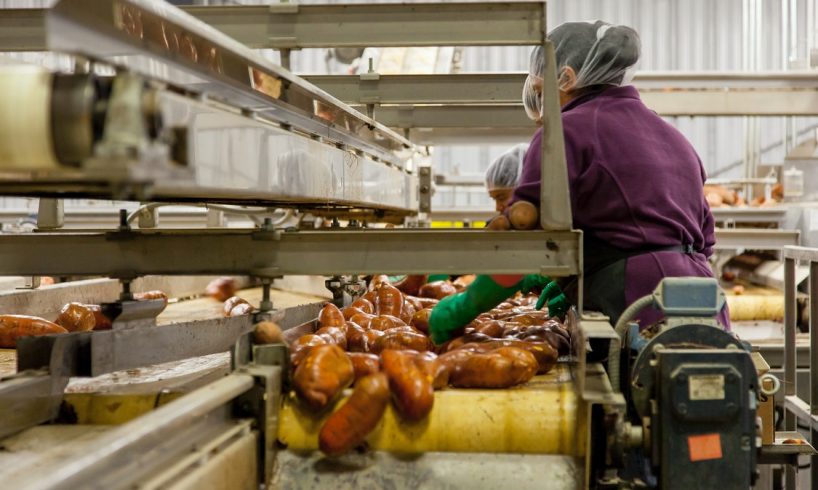
We can all benefit from a little more awareness of biosafety and the threats it poses to our food supply. As the global food market becomes more integrated, many new pathogens may be introduced to our food supply.
Ensuring We Use Safe and High-Quality Food
For example, an FMD outbreak in Japan was caused by straw imported from China, which is used as cattle bedding. To help prevent future outbreaks, biosafety in our food supplies is essential.
While the Cartagena Protocol on Biosafety deals only with agricultural risks, many advocacy groups are trying to expand the scope of biosafety to include other threats to our food supply.
The introduction of artificial life forms, robots, and molecules may be directly competing with our natural food chain. In this scenario, biosafety practices must be expanded to address all potential threats, including hypothetical ones.

Biological hazards, such as bacteria, viruses, parasites, prions, and biotoxins, are present in our food and environment. We should avoid exposing our consumers to these dangers by ensuring that we use safe and high-quality food.
In order to ensure the safety of our food, we have adopted a comprehensive legal framework based on scientific advice from the European Food Safety Authority. In addition, we have set standards for imported food and have stricter controls over the food we buy.
A Move Toward a More Sustainable Future
As we move toward a more sustainable future, biosafety is essential for food production and trade. This means limiting the spread of harmful microorganisms. The aim of these regulations is to protect consumers and businesses from health risks.
In addition to reducing the risk of disease, biosafety helps in the smooth functioning of our trade. By ensuring our food supply is safe, we can help protect our world.
The definition of biosafety is not as simple as it seems. It includes many other areas of science, including agriculture and livestock. For instance, in livestock, biosafety is crucial to protect society from diseases that can be passed from one animal to another.
And the concept of a biological threat can be as diverse as a genetically modified organism. The aim of biosafety is to make sure that we have a safer food supply.
Biosafety is the study of the impact of biological agents on our food. It includes the protection of humans and animals from potential threats. The definitions of biosafety are broad and include plant, animal, and human health.
The aim of these regulations is to make sure that our food is safe. We also have to protect the animals from predators that can affect us. The main objective of these regulations is to protect us from the harmful effects of environmental agents.
It is a Global Effort to Protect Us from Pathogens
It is important to remember that biosafety is more than just an issue. It is a global effort to protect us from pathogens. It involves various layers of regulation. You can read more on this when you see AsureQuality pest management.
At the institutional level, institutions have to seek approval from the institutional biosafety committee or animal care and use committee. In local communities, the Environmental, Health, and Safety units oversee ongoing research.
In the US, the Select Agent Regulations and the National Biosafety Guidelines are two of the most important aspects of biosafety legislation.
Moreover, the definition of biosafety in our food chains has expanded significantly. The current definition is based on agricultural biosafety, but the future of the food industry is much more complex.

It will be crucial to develop and implement new standards for the protection of our food supply, and the role of biosafety in our foods grows. In the meantime, the goal is to ensure that we don’t have to worry about any possible threat.
Biosafety is more than an issue, according to the CDC. Currently, the CDC is only responsible for a limited number of labs that perform GoF research.
The rest of the industry is responsible for making biosafety policies, and implementing them in our food and agricultural industries. The CDC’s mandates are a key part of ensuring food safety. This means that the work of the CDC is essential.







